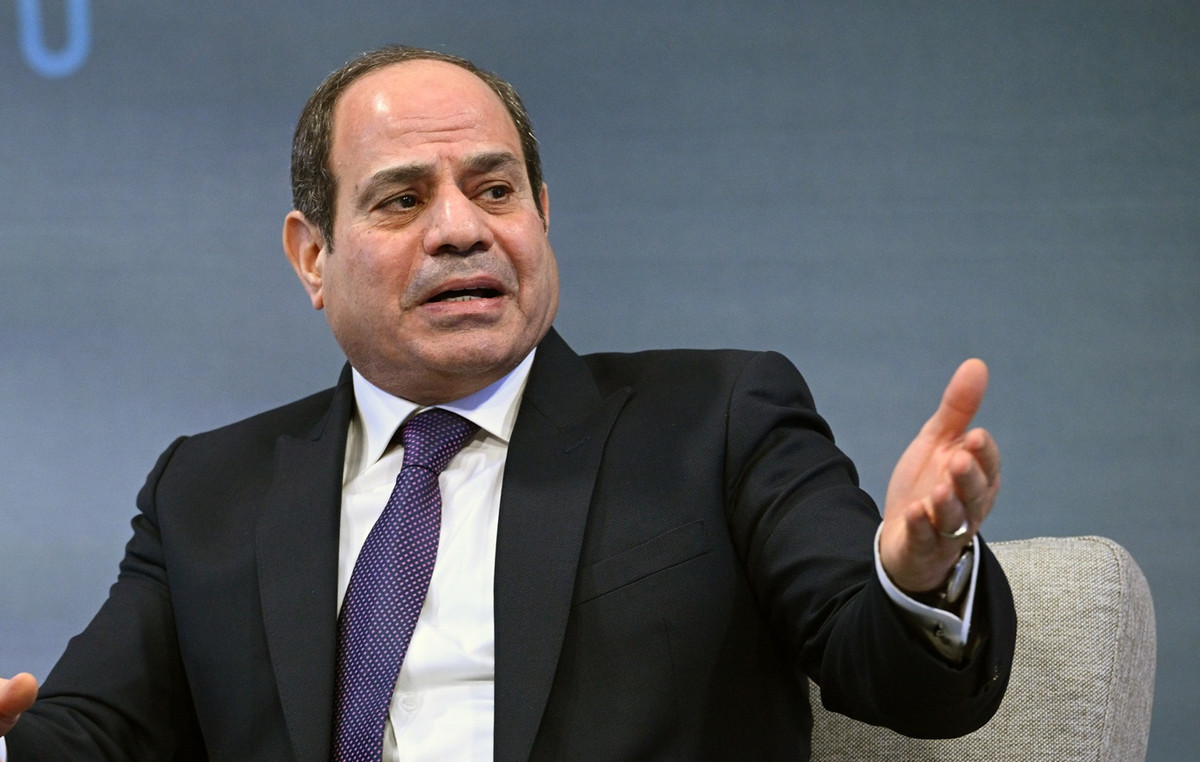The retail sector, which had already been pressured by the inflation of 2021, tends to suffer more impacts due to the increase in fuel and food prices, as a result of the war in Ukraine.
As a result, the National Confederation of Commerce in Goods, Services and Tourism (CNC) revised its 2022 sales expectation downwards. The initial projection was +0.9%, but has now changed to +0.5%.
The fuel and supermarket sectors represent 48.5% of annual retail sales.
With the increase in the price of oil in the international market, products such as gasoline and diesel are directly impacted, which causes damage to these areas.
Also according to the Confederation, the forecast is that the supermarket sector, the largest in retail, will be strongly impacted by medium-term pressures arising from readjustments in agricultural commodities and a possible lack of fertilizers in the market, since Russia is one of the main Providers.
Given the scenario, the president of CNC, José Roberto Tadros, is concerned about the likely increase in interest rates, further slowing the growth of the economy. “There are great chances of increasing these rates, which impacts activities that are more dependent on credit conditions”, he assesses.
Also according to the CNC, the sector’s 0.8% advance in January, recorded in the IBGE’s Monthly Trade Survey (PMC), was not enough to offset the 1.9% drop in December 2021. Sales volume also remained below the level recorded before the pandemic (-1%).
Only three retail segments had higher billing than the pre-pandemic period. These are: pharmacy and perfumery (24.4%), construction materials (+9.8%) and stores for personal and domestic articles (+3.5%).
In comparison with the first month of 2021, the index fell by 1.9%. It was the sixth consecutive year-on-year retraction. According to the CNC economist, Fabio Bentes, this difficulty in the sector is also justified by the increase in the costs of purchasing goods in recent months.
The value of products sold at retail, according to the PMC, was readjusted, on average, by 12.7% between January 2021 and the same month in 2022.
On the other hand, wholesale products had an average adjustment of 25.4% in the same period, according to the IBGE’s Producer Price Index. According to Bentes, this reveals a 50% lag in the transfer of final prices charged to consumers.
“In this sense, all retail segments have faced cost pressures, resorting to pass-through rates that range from 19%, in the case of bookstores and stationery stores, to 97%, as in the automotive trade”, he observed.
*under supervision of Helena Vieira
Source: CNN Brasil
I am Sophia william, author of World Stock Market. I have a degree in journalism from the University of Missouri and I have worked as a reporter for several news websites. I have a passion for writing and informing people about the latest news and events happening in the world. I strive to be accurate and unbiased in my reporting, and I hope to provide readers with valuable information that they can use to make informed decisions.







